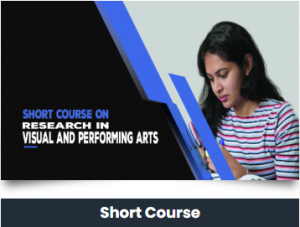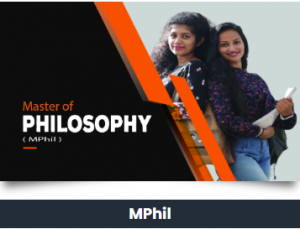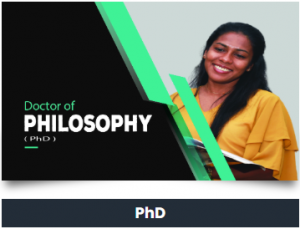Research and the academic outlook of this particular faculty is well related with academic areas related to humanities and pedagogic arts which are connected with the orderly and organized training of eyes, body and mind. All these pedagogic disciplines of humanism are very essential for the well going of mankind as well as Visual and Performing Arts. Research and Creativity on the existing systems or traditions will travel generation to generation finding of new trends and practices related to various traditions. Enhancing of novel researches on these disciplines, thinking of the humanism with innovative ideas and certain developments in the fields of creative arts based practice are to be known as the main operational pathway of this faculty. While dealing with said disciplines, FGS will encourage and invite thinkers of the new generation, who are seeking of Postgraduate Studies, and to elaborate their research programs in every aspects of humanism.
 |
 |
 |

